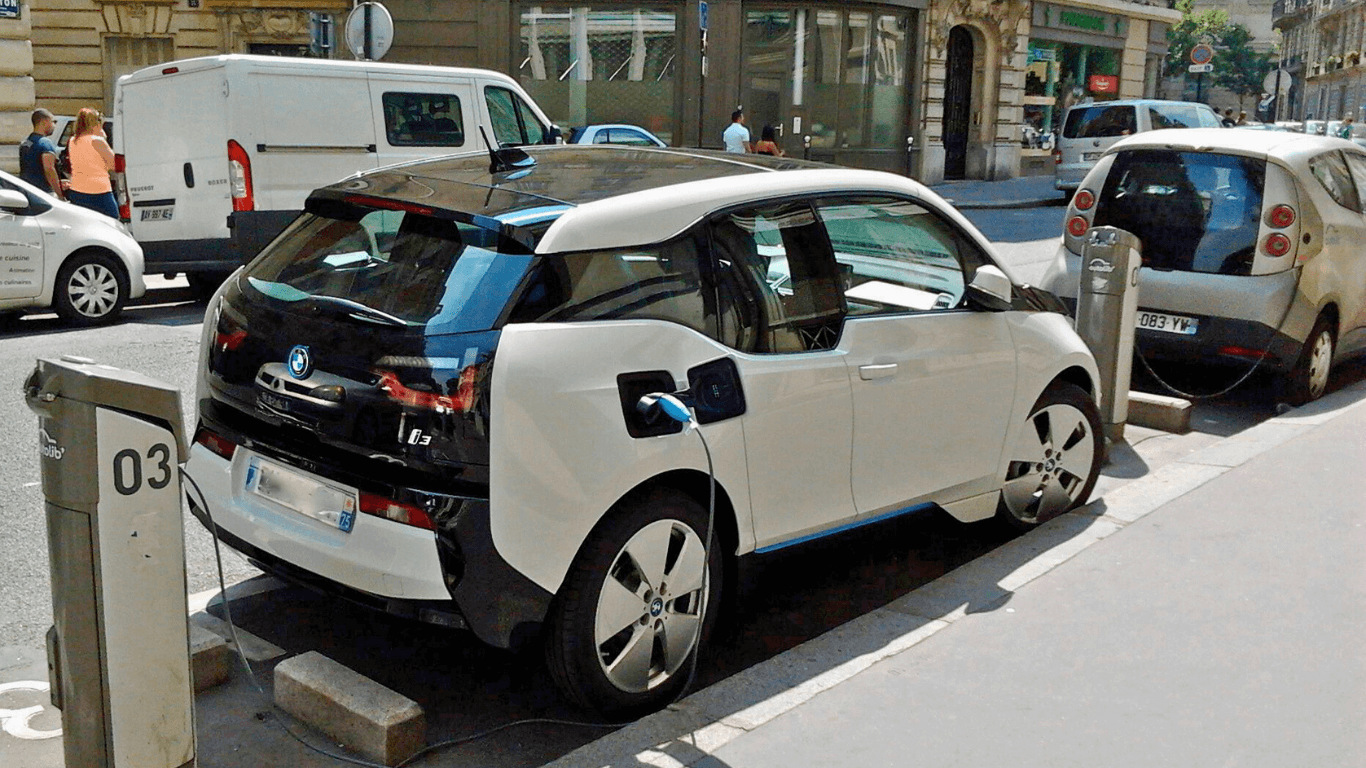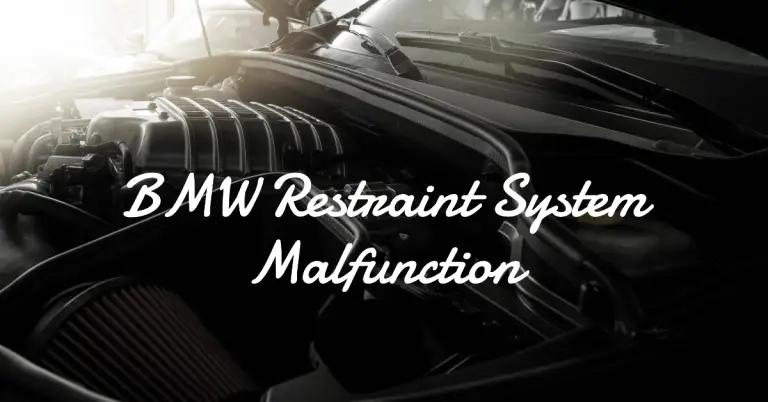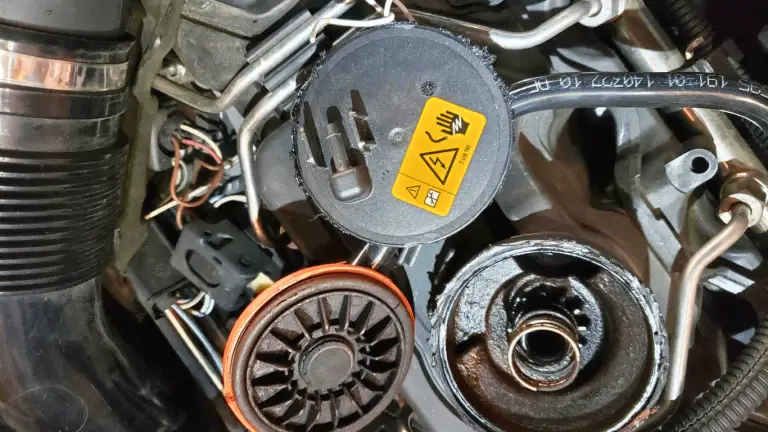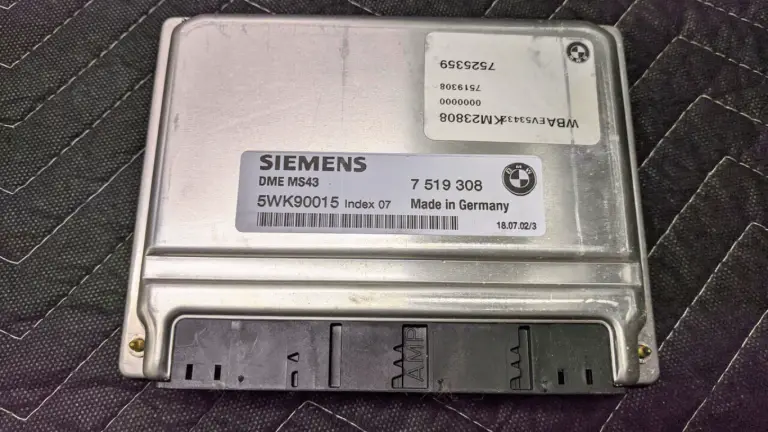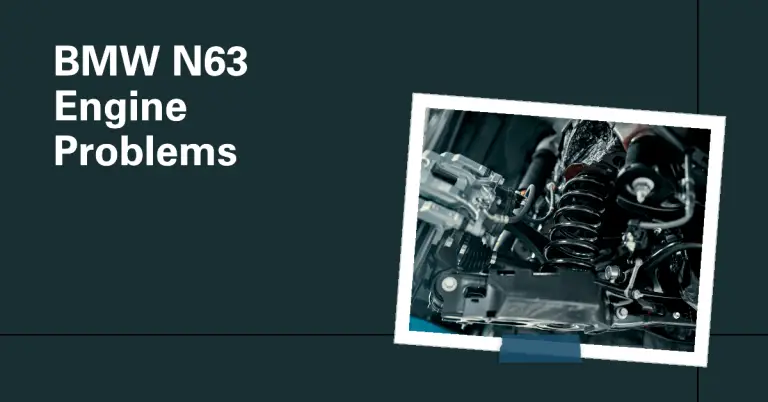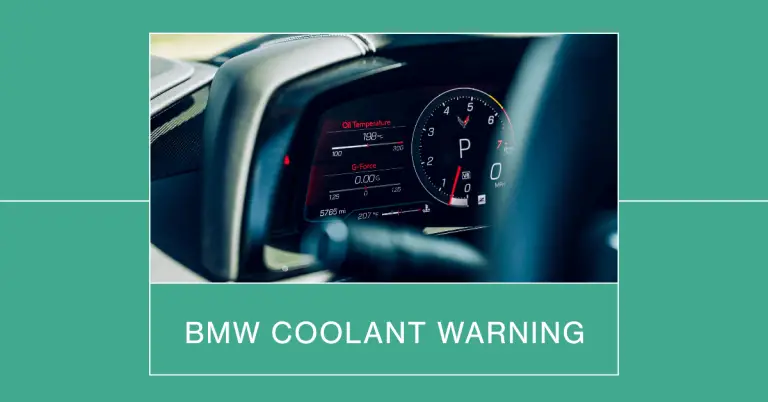BMW Charging Malfunction: Causes and Solutions
Have you turned the key in your BMW’s ignition only to be met with an ominous click and dark, unresponsive gauges? Or maybe your battery no longer holds a charge for more than a day or two. If so, you’re likely dealing with a charging system issue that’s leaving your battery drained and your BMW dead in its tracks.
Fortunately, most BMW charging problems stem from just a handful of faulty components and can be diagnosed and repaired with some basic troubleshooting.
This article will cover the most common causes of BMW charging system malfunctions, how to accurately diagnose the root issue, the steps to getting your electrical system back up and running properly, preventative maintenance that can help avoid future headaches, and when it’s best to rely on a professional mechanic to get your BMW back on the road.
What Causes Charging System Problems in BMW Vehicles?
The electrical charging system in BMW models is comprised of several key components that work together to power onboard electronics, keep the battery charged, and start the engine. Failure of any of these parts can lead to charging malfunctions and breakdowns.
Faulty Alternator
The alternator is the main workhorse that generates electricity when the engine is running to recharge the battery and supply power throughout the car. BMW alternators fail over time due to general wear or can malfunction from loose belts and pulleys. Telltale signs of a bad alternator include:
- Battery not charging while driving
- Battery quickly losing charge when car is off
- Dimming headlights at idle
Replacing the alternator is the fix here, which we’ll cover in more detail later.
Loose or Corroded Battery Connections
For the alternator to properly charge the battery, the positive and negative battery cables must have clean, tight connections at the terminals. Loose battery cables or excessive corrosion on the terminals blocks this vital energy transfer.
Warning signs here include:
- Visibly loose, damaged, or dirty battery connections
- Intermittent electrical issues that seem to come and go
- Battery not holding a charge
Defective Battery
Even with a perfectly operating charging system, an old or defective lead-acid battery that can no longer accept a full charge will cause power issues. If your battery is more than 3-4 years old, it may simply be worn out.
Clues that the battery itself is the culprit include:
- Battery tests bad or weak
- Charging system checks out but battery still dies
- Battery makes strange noises when charging
- Cracked case or leaking/dried fluid on battery
Bad Voltage Regulator
The voltage regulator controls electrical output from the alternator to the battery. If the regulator malfunctions and allows too much or too little voltage, it can damage the battery or cause charging problems.
Warning signs of regulator failure:
- Battery significantly overcharged or undercharged
- Alternator belt okay but not charging
- Battery good but dying prematurely
Faulty Wiring Harness
BMWs have miles of wiring connecting battery power throughout the vehicle. Problems here like damaged wires or loose plugs can make it impossible for the alternator to charge correctly.
Signs of wiring harness issues:
- No power to specific electrical components
- Intermittent charging problems
- Electical shorts and blown fuses
Blown Fuse
Before condemning the whole charging system, check for blown fuses since they are simple and cheap fixes. Warning lights related to alternator or battery issues often point to a charge or voltage-related fuse.
How to Accurately Diagnose BMW Charging System Problems
Determining the exact cause of BMW charging trouble typically takes some diagnostic tests and process of elimination between potential culprits. Here is a step-by-step approach:
1. Check Battery Voltage
Use a multimeter to check voltage both with the engine off and while running. Battery should be 12.4-12.7V off and 13.7-14.7V when engine is at 1,500 rpm. Outside that range indicates issues.
2. Inspect Battery Cables and Terminals
With battery disconnected, check for damaged cables, loose connections, dirt, or corrosion on terminals. Clean or replace as needed. Retest charging system.
3. Alternator Output Test
Use a multimeter to test for proper alternator output voltages. Consult repair manual for specifications based on temperature. If out of spec, alternator is likely bad.
4. Check Voltage Regulator
With engine running, measure the voltage directly at the regulator and battery terminals. Mismatched readings indicate failure. Replace regulator.
5. Test Components
If battery, cables, and alternator check out, move on to testing fuses, wiring condition, pulleys, etc. Isolate fault through process of elimination.
Resolving BMW Charging System Malfunctions
Once the root cause of the charging issue is found, repairs can be made to get your BMW back on the road. Here are the common fixes:
Replace Faulty Alternator
If diagnostics confirm the alternator is not providing proper amperage and voltage, replacement is required. On many BMW models this is achievable as a DIY for significant cost savings versus a shop. Use OEM or quality aftermarket parts for reliability.
Clean or Replace Battery Terminals/Cables
Dirty or corroded battery connections are repaired by disconnecting the cables and thoroughly cleaning the terminals and cable ends. Replace any damaged components. Prevent future corrosion with dielectric grease on connections.
Install New Battery
If your BMW’s battery is more than 3 years old, will not hold a proper charge, or tests bad, simple replacement is the cure. Match OEM specs for cold cranking amps and capacity. Proper disposal of old battery is required.
Swap Out Malfunctioning Voltage Regulator
The voltage regulator resides either in the alternator itself or as a separate mounted part. Follow repair manual to remove and install a new regulator that matches your BMW model. Recheck system operation.
Repair Damaged Wiring
For wiring harness issues, carefully inspect the entire harness and repair or replace any damaged wires, plugs, or connectors. Use shrink tubing and proper crimping tools for reliable repairs.
Replace Blown Fuses
Always check for blown fuses when troubleshooting electrical issues. Never install a higher amperage fuse as a workaround. Match the amperage rating specified in the fuse box cover or repair manual.
Preventative Maintenance to Avoid BMW Charging Problems
While even well-maintained charging systems eventually wear out, you can maximize the lifespan and minimize malfunctions with some simple proactive maintenance.
- Inspect belts and pulleys yearly – Replace any cracked or glazed belts and tighten/lubricate pulleys as needed
- Clean battery connections annually – Prevent corrosion buildup that impedes power transfer
- Check alternator belt tension – Loose belts will quickly wear the alternator and drain battery
- Log system voltage readings – Notice drops that indicate pending failure
- Address new issues immediately – Small problems become big ones if left alone
The modest time investment in above preventative steps can add years of reliable service from your BMW’s electrical charging system.
When is it Best to Seek Professional Help?
While many charging system repairs can be completed DIY, there are certain situations where relying on an experienced BMW mechanic is safest:
- If the diagnostic process exceeds your technical skill level
- For complex electrical issues with multiple potential causes
- When replacement parts require programming/coding with special tools
- Major engine disassembly is required to access components
- The root cause remains unclear after methodical testing
Unless you have advanced electrical diagnostic abilities and automotive repair experience, complex charging issues with obscure fault codes likely warrant a trip to the professionals. The cost of proper diagnosis and repair is often less than installing mismatched parts or guessing at the problem.
Conclusion
BMW charging system problems can certainly be frustrating when you turn the key and get nothing but silence. But in most cases the issue can be systematically traced back to a handful of components like the alternator, battery, voltage regulator, wiring, or fuses.
Thorough testing and diagnosis along with the appropriate replacement parts will typically get your BMW back on the road and electrified once again. And better yet, taking preventative steps like regular inspections and prompt attention to new issues can help maximize the lifespan of your BMW’s charging system.

